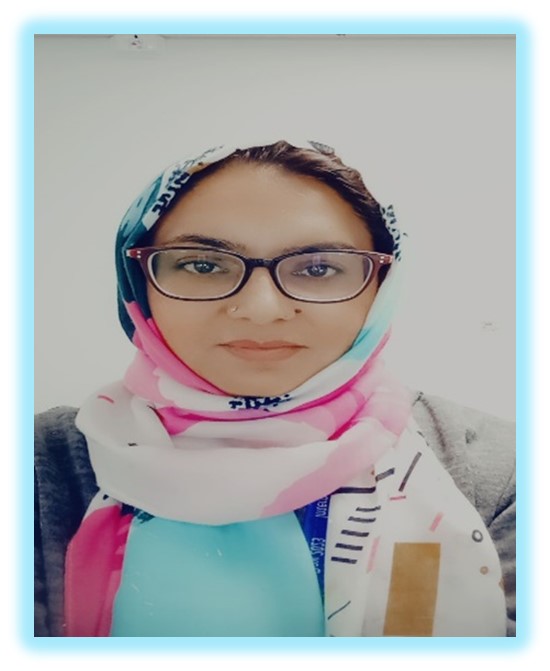Embarking on the meticulous journey of conducting systematic reviews as doctoral researchers, we find ourselves weaving through the labyrinth of research literature. In our quest for efficiency and precision, Rayyan software emerges as a guiding light, offering both assistance and posing challenges. In this blog, we share our experiences, shedding light on both emotional exciting aspects intertwined with the utilization of Rayyan software.
Systematic reviews play a crucial role in synthesizing data from multiple studies to answer specific research questions. Among the myriad of tools available, Rayyan software stands out as an invaluable aid for researchers aiming to streamline the systematic review process (Johnson & Phillips, 2018). Rayyan, developed by the Qatar Computing Research Institute and funded by the Qatar Foundation. Rayyan is a user-friendly free online application designed to support tasks related to title and abstract screening and study selection process (Couban, 2016). Rayyan enables users to upload citations and full-text articles, create review projects, and collaborate on publicly available projects (Ouzzani et al., 2016). It offers offline compatibility through its app and allows users to engage in an unlimited number of reviews. Rayyan primarily focuses on aiding reference screening and takes a simple approach, requiring users to handle logistical and workflow aspects independently (Ouzzani et al., 2016, Kellermeyer et al., 2018).
As doctoral researchers, our journey with Rayyan software is not merely a technical endeavor but a rollercoaster of emotions. Here are some sentiments we have encountered.
The prospect of using Rayyan software initially filled us with excitement. The promises of streamlining the screening process and enhancing collaboration among team members fueled our eagerness to dive in. However, as we delved into the features and functionalities, the initial excitement metamorphosed into moments of frustration. Navigating the learning curve demanded time and patience, testing our perseverance. Despite the challenges, Rayyan software became a virtual space for companionship and collaboration. The unique features fostering communication among reviewers became a bridge to overcome discrepancies and strengthen the reliability of our systematic review. The joy of discovering relevant studies efficiently through Rayyan and extracting key data with a standardized approach brought a sense of accomplishment. This triumph over challenges fueled our dedication to the systematic review process.
Navigating the challenges of systematic reviews with Rayyan software is not just a technical expedition, it is a journey marked by emotions, resilience, and the pursuit of knowledge. As doctoral researchers, we celebrate the victories, learn from the challenges, and acknowledge the role of both technology and the human spirit in advancing the field. Using Rayyan has significantly enhanced our review process, making it both enjoyable and effective. The user-friendly software, along with valuable features like blinding and record labeling, has ensured a consistent and efficient workflow, contributing to an overall positive experience in conducting systematic reviews (Olofsson et al., 2017).
The incorporation of tools like Rayyan not only simplifies the process of conducting systematic reviews but demands perseverance and patience for authentic results. These tools not only emerge as an indispensable aid but also make the research journey more manageable and rewarding.

University of Turku, Department of Nursing Science
The author is a doctoral researcher at the University of Turku and possesses a Master’s degree in Nursing. Drawing from extensive experience in various intensive care roles, she has also significantly contributed to nursing education and research. Her primary research interests lie in understanding patients with chronic illnesses, specifically exploring domains like self-care behaviors, self-management, and self-maintenance.

University of Turku, Department of Nursing Science
The author is a doctoral researcher at the University of Turku and possesses a Master’s degree in Nursing. She holds extensive experience in clinical, education, and research. Her primary research interests lie in understanding patients living with chronic illnesses and self-management.
References
Couban, R. (2016). Covidence and Rayyan. Journal of the Canadian Health Libraries Association/Journal de l’Association des bibliothèques de la santé du Canada, 37(3).
Johnson, N., & Phillips, M. (2018). Rayyan for systematic reviews. Journal of Electronic Resources Librarianship, 30(1), 46-48.
Kellermeyer, L., Harnke, B., & Knight, S. (2018). Covidence and Rayyan. Journal of the Medical Library Association: JMLA, 106(4), 580.
Khabsa M, Elmagarmid AK, Ilyas IF, Hammady H, Ouzzani M. (2016). Learning to identify relevant studies for systematic reviews using random forest and external information. Mach Learn 102(3):465482. doi:10.1007/s10994-015-5535-7
Olofsson, H., Brolund, A., Hellberg, C., Silverstein, R., Stenström, K., Österberg, M., & Dagerhamn, J. (2017). Can abstract screening workload be reduced using text mining? User experiences of the tool Rayyan. Research synthesis methods, 8(3), 275-280.
Ouzzani, M., Hammady, H., Fedorowicz, Z., & Elmagarmid, A. (2016). Rayyan—a web and mobile app for systematic reviews. Systematic reviews, 5, 1-10.
Image: Rayyan Help Center. (n.d.). Rayyan Help Center. Accessed on 26.1.2024. Available: https://help.rayyan.ai/hc/en-us?return_to=%2Fhc%2Frequests